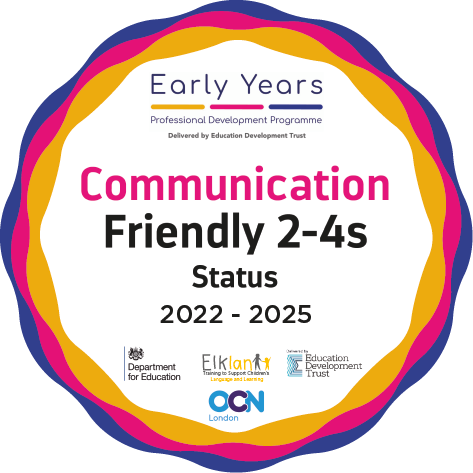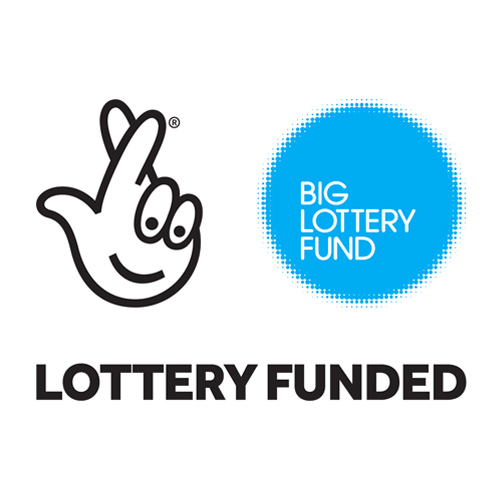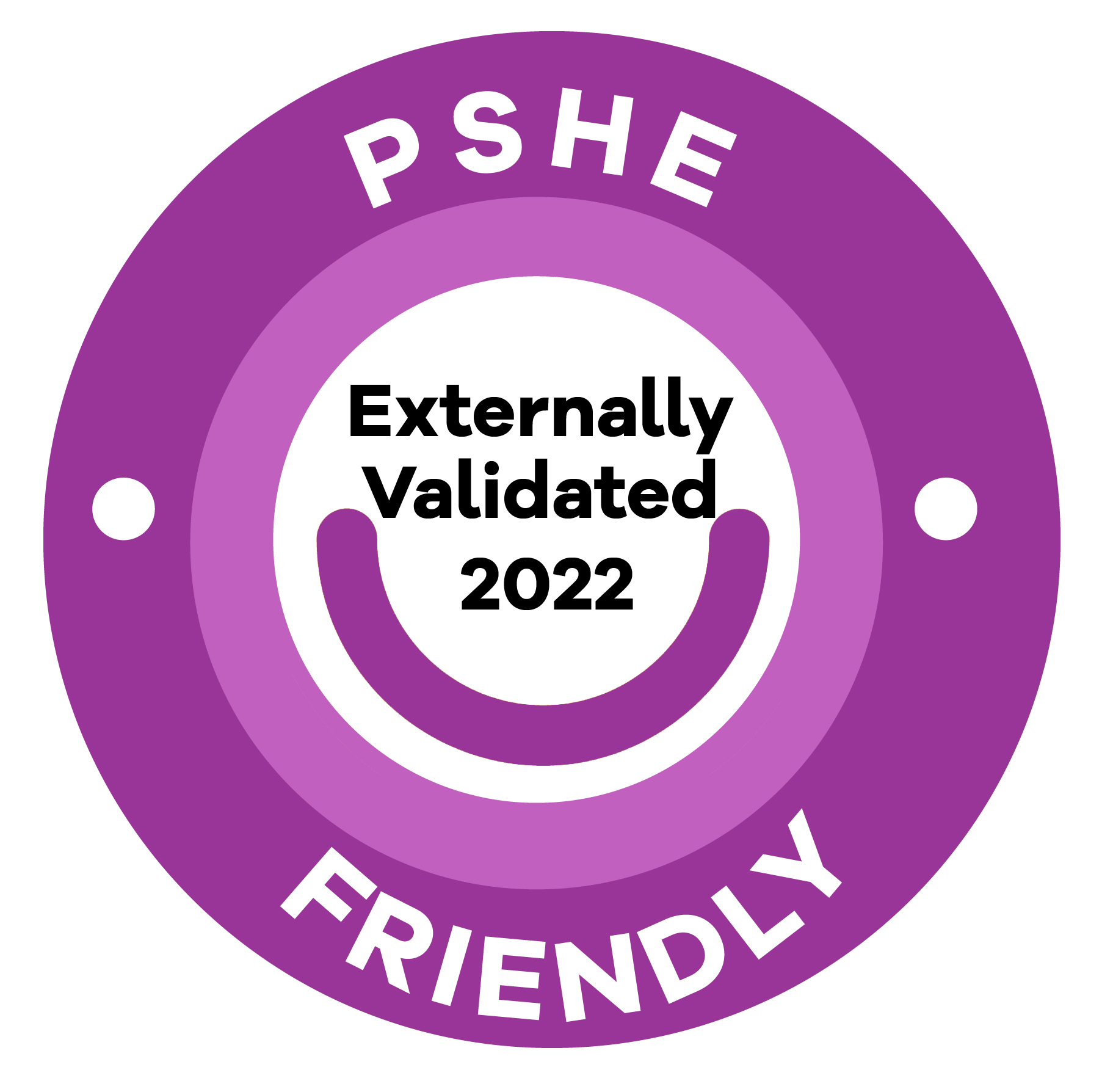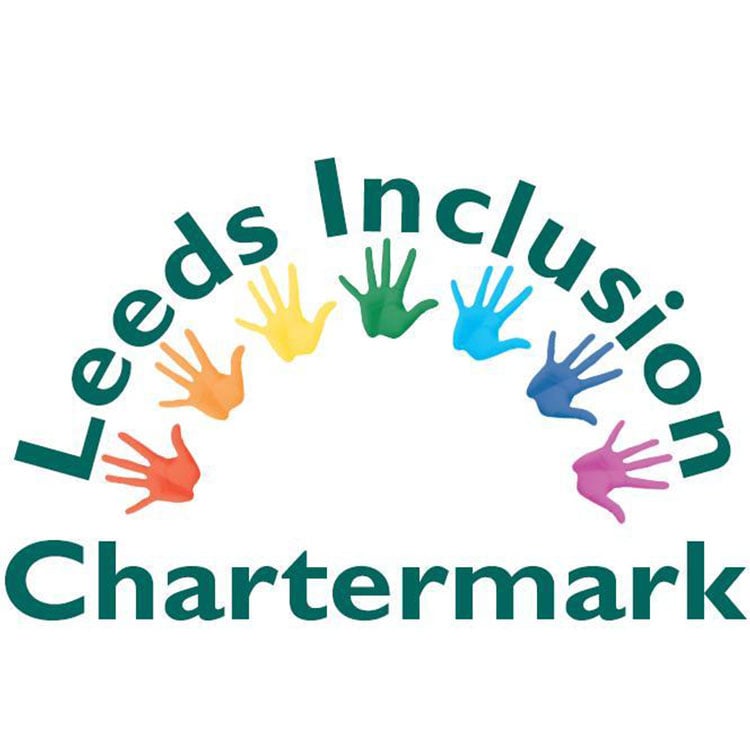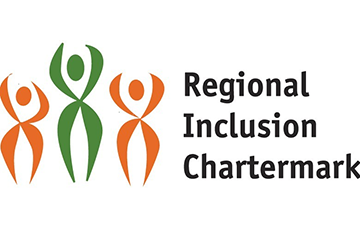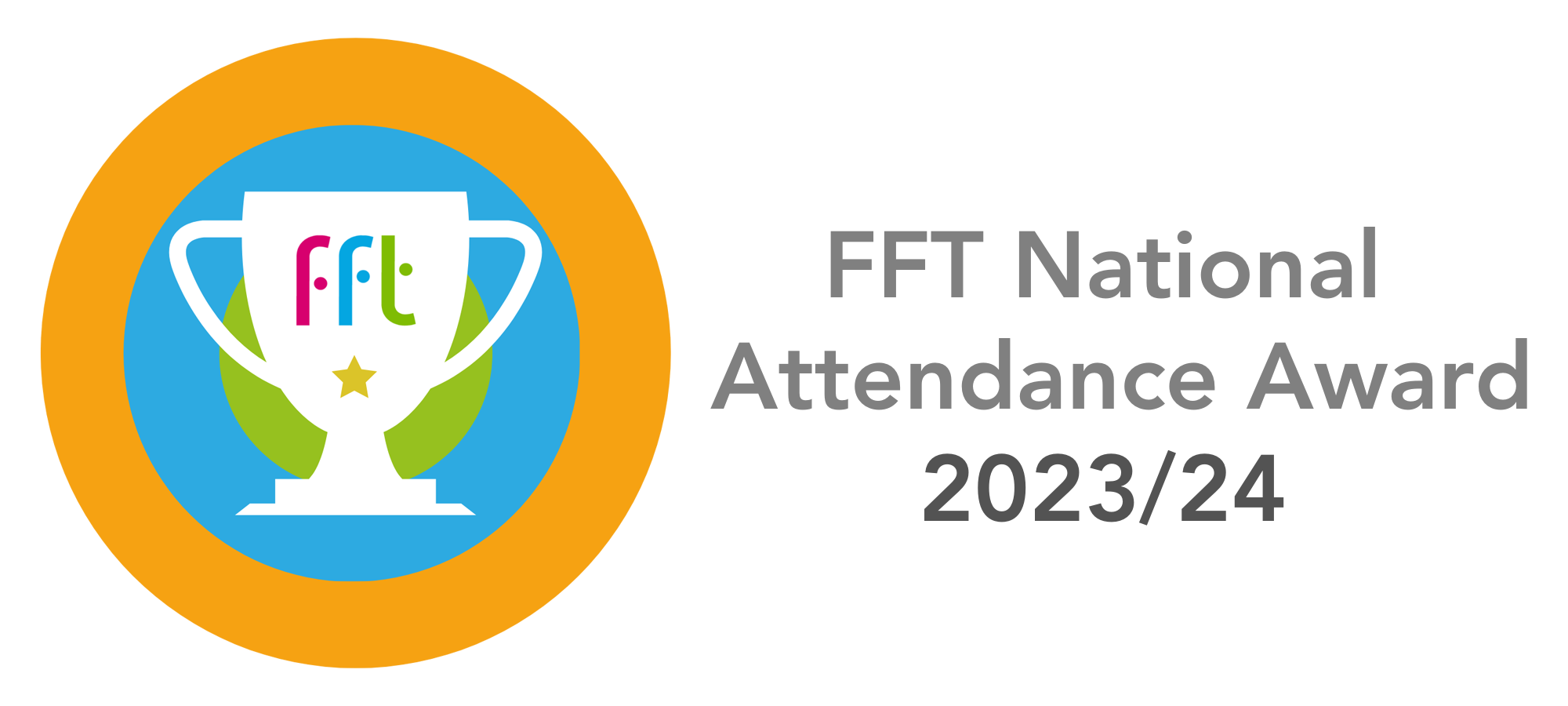School will admit children as per Leeds City Council admission arrangements. As stated in our policy, School will not discriminate against prospective children with a SEN need or disability.
School will work with other settings and outside agencies to ensure the transition into school is well-planned and any equipment and resources needed are procured in advance. Any prospective children whose EHCP names the school will be admitted before any other places are allocated. The school will admit a child with an Education, Health and Care Plan subject to the wishes of their parent unless this is incompatible with the efficient education of other children, and there are no reasonable steps which can be taken to prevent the incompatibility.
Please also see admissions information from the Special Educational Needs and Disabilities Information, Advice and Support Services (SENDIASS) in Leeds here: SENDIASS
